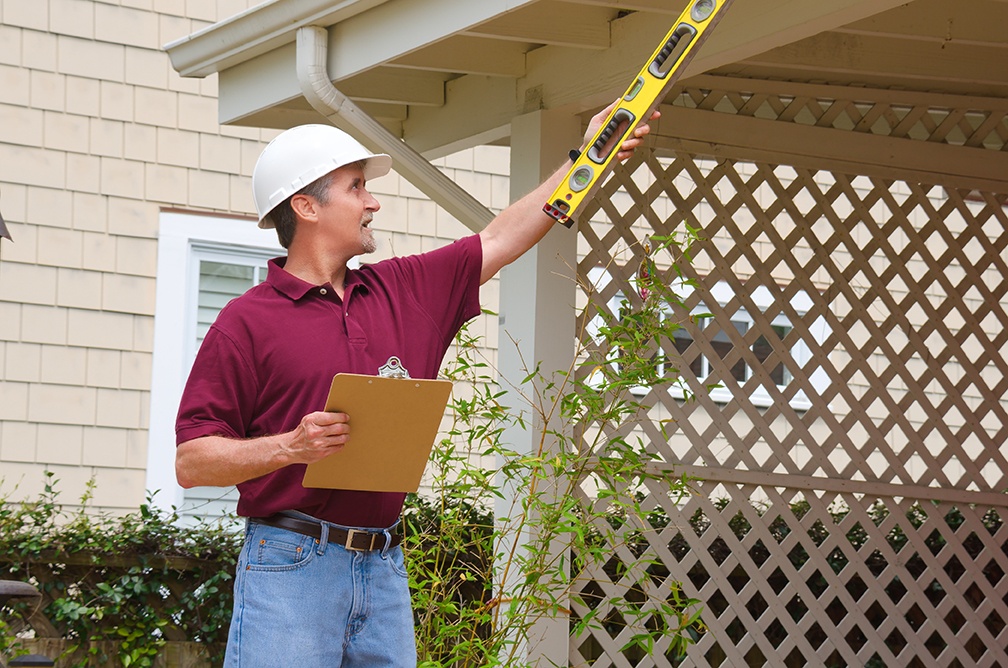 Buying a new home is an exciting and significant milestone in anyone’s life. However, it’s essential to approach the homebuying process with caution and thoroughness to ensure that you’re making a sound investment. One crucial step in the homebuying journey is the home inspection. A home inspection is a comprehensive evaluation of a property’s condition, aiming to uncover any potential issues or concerns that could affect its value or safety. Below are some tips to remember when navigating a home inspection.
Buying a new home is an exciting and significant milestone in anyone’s life. However, it’s essential to approach the homebuying process with caution and thoroughness to ensure that you’re making a sound investment. One crucial step in the homebuying journey is the home inspection. A home inspection is a comprehensive evaluation of a property’s condition, aiming to uncover any potential issues or concerns that could affect its value or safety. Below are some tips to remember when navigating a home inspection.
Roof and Exterior:
The roof is your home’s first line of defense against the elements, so it’s crucial to examine it closely. Look for missing or damaged shingles, signs of leakage, and the overall condition of the roof.
Structural Integrity:
A solid foundation and sound structure are vital for the long-term stability and safety of your home. Inspect the foundation for cracks, unevenness, or signs of settling. Look out for any sagging or uneven floors, as they could indicate structural issues.
Plumbing and Electrical Systems:
Faulty plumbing or electrical systems can lead to significant problems and costly repairs. Test the faucets, showers, and toilets to ensure proper water flow and drainage. Check for leaks under sinks and around toilets. In terms of electrical systems, inspect the circuit breaker panel and look for any exposed wiring, outdated systems, or potential fire hazards.
HVAC Systems:
Heating, ventilation, and air conditioning (HVAC) systems are critical for maintaining a comfortable living environment. Have the HVAC systems thoroughly inspected to determine their condition and efficiency.
Insulation and Energy Efficiency:
Good insulation and energy-efficient features can greatly impact your home’s comfort and utility costs. Check the insulation in the attic, walls, and crawl spaces to ensure they meet the recommended standards. Inquire about the home’s energy efficiency features, such as double-pane windows, energy-efficient appliances, or renewable energy installations.
Pest and Mold Inspection:
Pests and mold can pose health risks and cause extensive damage to a home. Look for signs of pests such as droppings, chewed wood, or insect nests. Ask the inspector about any past or present pest infestations and the steps taken to address them.
A home inspection is a crucial step in the homebuying process that helps you make an informed decision about your investment. By paying close attention to the areas mentioned above, you can identify potential issues and negotiate repairs or adjustments with the seller. A thorough home inspection can provide peace of mind and ensure that you’re buying a home that meets your expectations in terms of safety, functionality, and value.

